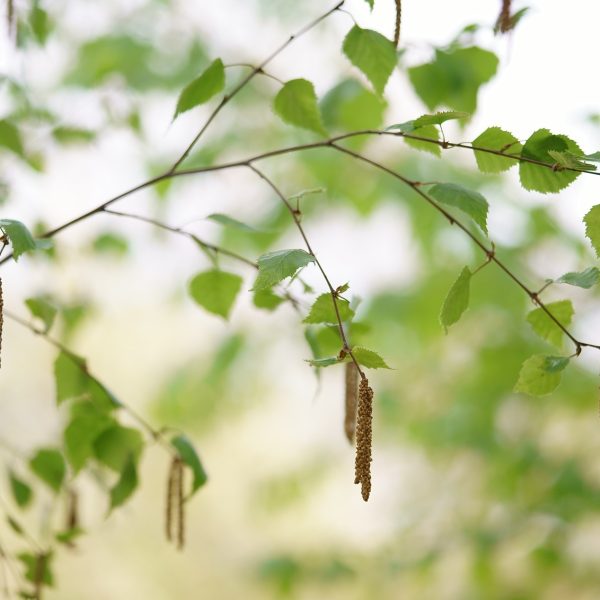
In this article, we discuss the “Echinacea-induced cytokine production by human macrophages”
Plant name and species
Echinacea (Echinacea purpurea)
Aim of study
The aim of this study was to highlight the cellular mechanisms which cause echinacea’s immuno-stimulant activities.
Study method
Preparations of fresh pressed echinacea juice and dried juice were tested at concentrations from 10 μg/ml to 0.012 μg/ml. They were then mixed with macrophages and added to plates, and a control plate was made with no echinacea to compare results. After some incubation time, supernatants were collected and tested for various immune signals in the form of cytokines.
Results of study
Macrophages cultured with echinacea even in small doses produced much higher levels of immune markers interleukin-1, tumour necrosis factor-α, interleukin-6 and interleukin-10. The increase in immune cells and immune mediators partially explains echinacea’s traditional immuno-stimulant and antiviral effects.
Discussion
Macrophages are a type of white blood cell that removes dead cells and stimulates the action of other immune cells, as well as surrounding and killing microorganisms and pathogens. The immune system communicates via cytokines, which are chemical messengers that signal various parts of the immune system into action. There are various types of cytokines, in the form of interferons, interleukins and growth factors, and these are specifically what were tested for.
Echinacea stimulated various subtypes of cytokines, and this is to the authors’ knowledge the first study to stimulate interleukin-10 by macrophages. This cytokine plays a major regulatory role for T and B lymphocytes which are other types of immune cells.
Conclusion
Echinacea stimulates the immune system via various cellular pathways, and further studies are needed to elucidate the precise mechanisms of action. The dried juice and fresh juice had similar levels of action.





























